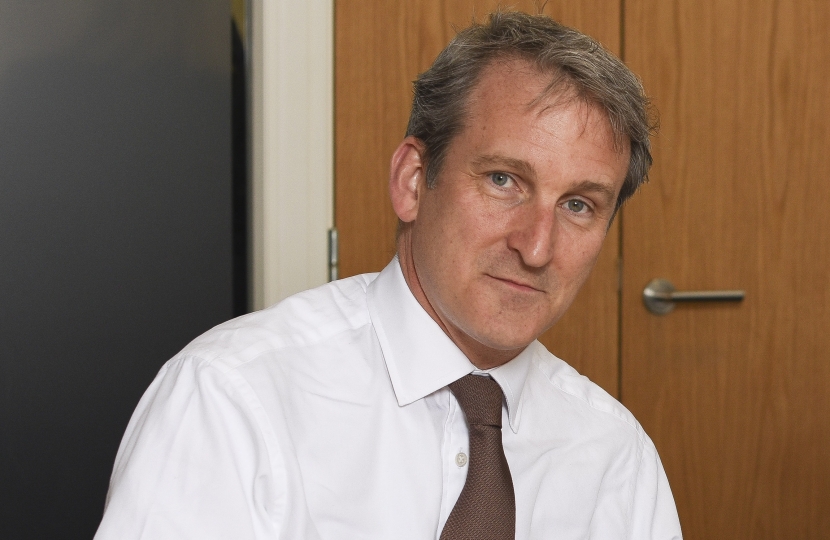
This article was written by Damian and published in the Herald editions on the 15th May:
"This week marks a crucial point in the fight against Covid-19. It is the moment we start to take gradual, cautious steps to begin easing the lockdown, while ensuring that the progress in limiting the spread is retained.
Compliance with the ‘Stay Home’ message has been very high, and we’ve seen the impact of that in the fall in cases and deaths.
Lockdown has been crucial for public health, but it also brings its own health risks – both physical and mental. There are the indirect effects from people not accessing medical services for everything else in the same way as usual. And of course the economic hit – downturns are themselves bad for health.
There is a big economic risk though too if the restrictions were to be eased too much or too soon. The harm from a major ‘second peak’ would compound the existing damage to the economy.
So it is not a case of a health risk versus against an economic risk. The two go very much together.
As the strategy published this week says, we are “seeking to return life to as close to normal as possible, for as many people as possible, as fast and fairly as possible, in a way that avoids a new epidemic, minimises lives lost and maximises health, economic and social outcomes”
It is, clearly, a very difficult balance.
The changes are staged, and dependent on progress. Some important stages are set out on a ‘not before’ basis, rather than being able to give a certain date. Some easings may even need to be reversed later. The key gauge is “R” – the rate of spread of the infection, which is now below the benchmark level of 1.
To keep R down means minimising risk of spread and that means working from home where possible, social distancing and stringent hygiene observance.
It is correct to say that while ‘Stay home’ is a very simple clear message, ‘Stay alert’ is not quite so straightforward. But I don’t think that constitutes a criticism of the phrase. Rather, it’s a reflection of reality.
We are now in a more complex phase. No strategy document, let alone phrase, could cover all the situations or capture all the aspects.
For everyone’s health, well-being and livelihoods, we need to get the economy moving again. But that needs to be done in a safe way.
I’m encouraged by the collaborative approach of employers, unions and others. Ultimately everyone has to work together to achieve this shared objective, and that looks to be happening.
Alongside this is the testing and tracing. The number of daily tests increased dramatically in April. In Hampshire, this has included the Portsmouth drive-through facility in, testing at large hospitals including Basingstoke, and home kits, as well as the use of mobile units at different locations across the county.
With more than 70 credible vaccine development programmes worldwide and the first UK human trial having begun at the University of Oxford, the UK is playing its part in the international effort to eventually beat the virus. In the meantime, our strength and unity of purpose in suppressing it has never been more important.
I would like to thank everyone for their forbearance during the past seven weeks, especially the doctors, nurses and care home staff going to extraordinary efforts to keep us safe – and to all the key workers we depend on."


